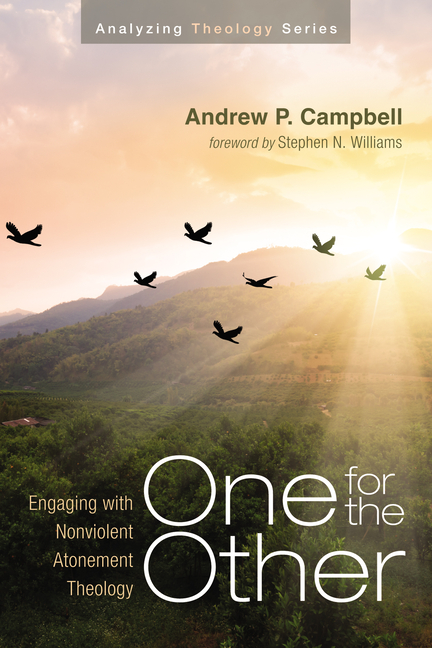Description
For two thousand years, the cross of Christ has been the central point of Christian theologies of salvation. However, in recent years, a variety of theologians, such as Rosemary Radford Ruether, Rita Nakashima Brock, J. Denny Weaver, and Rene Girard, united in their disdain for violence, have abandoned any divine sanction or salvific significance for the cross of Christ. Instead, they frame atonement not in terms of Christ's death but his life, formulating atonement theologies that address the need for an ethical concern for the oppressed and powerless 'Other.' This volume is dedicated to offering a fair account of their revisions, identifying the ethical undertones that lead nonviolent theologians and thinkers to reform atonement theology, examining their claims in light of those ethical foundations, and exploring P. T. Forsyth as a viable alternative for contemporary theology.
Last updated on
Product Details
- Jun 24, 2025 Pub Date:
- 1666733725 ISBN-10:
- 9781666733723 ISBN-13:
- English Language




